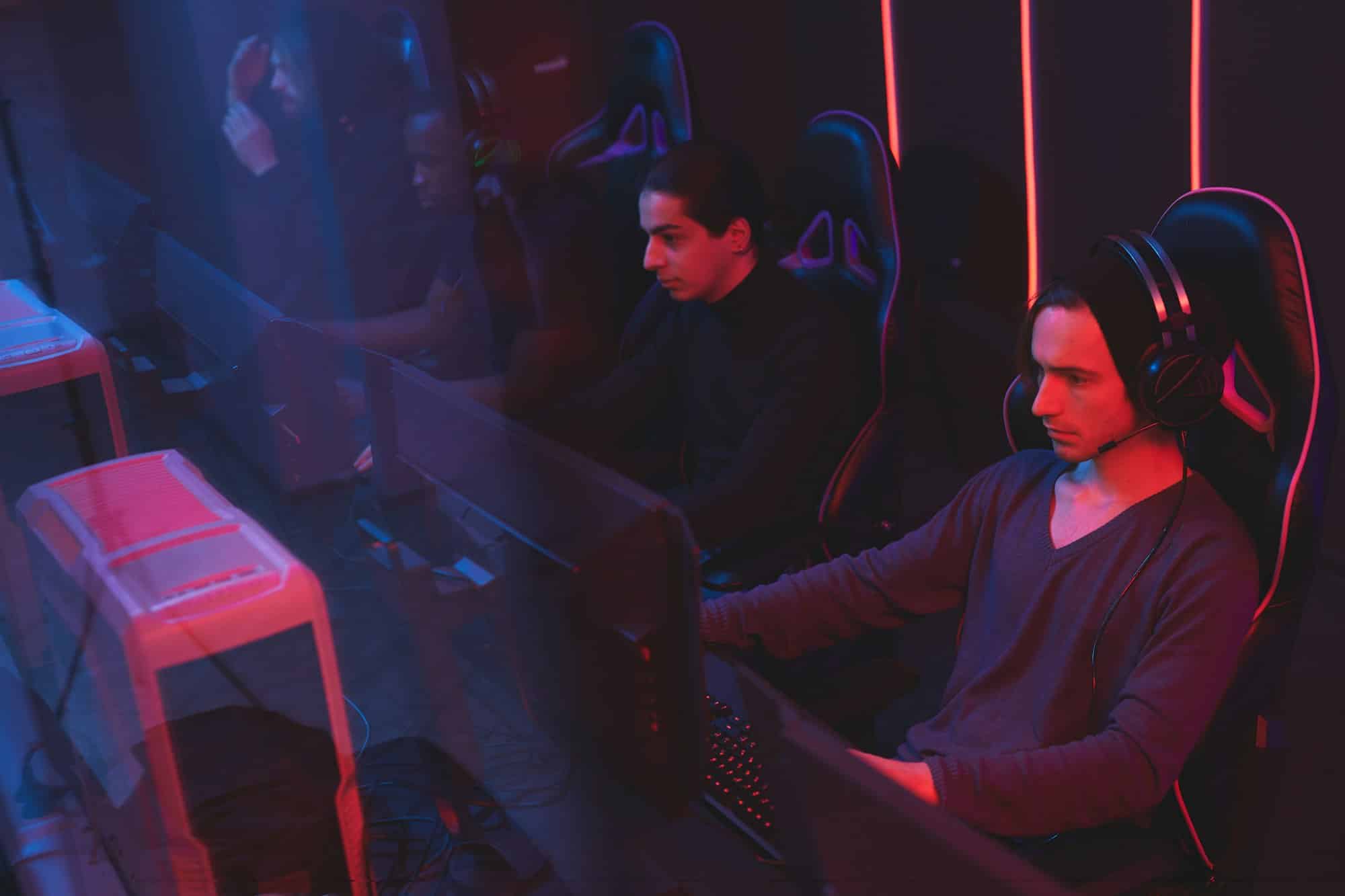What’s the Role of Psychomotor Skills Training in Enhancing Performance in eSports?

As the world grows more digital, the realm of eSports has evolved from a niche pastime to a recognized global industry. More than just a leisure activity, eSports is a competitive field requiring sophisticated skills and abilities that extend beyond traditional gaming. With the rise in popularity of this digital domain, the spotlight has shifted to the importance of psychomotor skills training and its role in enhancing performance for eSports players.
The Correlation between Psychomotor Skills and eSports Performance
Before exploring the relationship between psychomotor skills and eSports performance, it’s essential to understand what psychomotor abilities entail. Psychomotor skills refer to the cognitive coordination of mental processes and physical movement. These skills are paramount in a variety of daily activities, including sports and, more importantly, eSports.
Cela peut vous intéresser : What Are the Key Components of an Altitude Training Camp for Competitive Cyclists?
In the eSports domain, these skills are crucial. They relate to the player’s ability to respond quickly to visual stimuli, demonstrating agility, precision, and speed. Whether it’s accurately landing a headshot in a first-person shooter game or timely casting a spell in a multiplayer online battle arena, these actions require a high level of psychomotor skills.
Recent studies have suggested a significant correlation between psychomotor skills and eSports performance. For instance, a study by the doi (Digital Object Identifier), an international standard for referencing digital information, revealed that eSports athletes with more refined psychomotor skills tend to perform significantly better in games.
A découvrir également : How Can Heart Rate Variability Be Used to Monitor Overtraining in Swimmers?
The Role of Exercise in Enhancing Psychomotor Skills for eSports
Interestingly enough, a link has been established between physical exercise and the enhancement of psychomotor skills. While it may seem odd to connect physical activity with a mostly sedentary activity like video gaming, studies suggest that exercise has a positive impact on the cognitive abilities necessary for excelling in eSports.
Regular physical exercise has been found to improve reaction time, decision-making, and memory, which are all fundamental aspects of gaming performance. In a study, participants showed significant improvements in their psychomotor abilities after 20 min of aerobic exercise. This finding reveals that integrating physical exercise into an eSports athlete’s routine can positively impact their gaming abilities.
Moreover, the type of exercise one engages in can also play a role in sharpening specific skills. For example, exercises requiring accurate hand-eye coordination, such as tennis or ping-pong, could potentially enhance a player’s precision in games.
Cognitive Benefits of Gaming: An Educational Perspective
While the benefits of gaming for cognitive function have been widely recognized, it’s important to note that the impact of gaming extends beyond mental abilities. The educational realm has increasingly recognized the cognitive benefits of video games, with certain games being used as tools for teaching and learning.
Gaming enhances cognitive skills such as problem-solving, strategic thinking, and memory retention. For example, games that involve quests or missions require players to devise strategies and make decisions that can directly impact the game’s outcome. This level of critical thinking and problem-solving can be translated into real-world situations, benefiting players educationally and professionally.
Additionally, gaming helps improve memory as players need to remember specific aspects of the game, such as maps, character abilities, and gameplay mechanics. It fosters learning through repetition, a technique widely used in education.
Implementing Psychomotor Skills Training in eSports Education
As the significance of psychomotor skills in eSports becomes more apparent, incorporating such training into eSports education is a logical progression. Training programs should not only focus on game strategies and techniques but also on exercises that enhance cognitive and physical abilities.
Such programs could incorporate exercises that improve hand-eye coordination, reaction time, and decision-making. These could include activities like juggling or playing certain musical instruments, which require fine motor skills and mental concentration.
Additionally, implementing cognitive exercises can help improve a player’s ability to process and respond to information quickly. Puzzle games, memory exercises, or even certain video games can serve this purpose.
In the rapidly evolving field of eSports, refining psychomotor skills could be the key to a player’s success. The industry’s growth has led to the realization that gaming involves more than just sitting in front of a screen. It requires a blend of mental and physical abilities that can be honed through purposeful training. As research continues and more studies validate these findings, the role of psychomotor skills training in eSports is likely to become even more significant in the future.
The Importance of Physical Education in eSports
Physical education is not typically associated with eSports. However, understanding the importance of physical fitness in improving psychomotor skills can change this perception. A systematic review of studies on the impact of physical activity on gaming performance has shown that consistent physical exercise can significantly enhance eSports performance.
Physical education offers several benefits that can improve a player’s gaming abilities. For instance, regular aerobic exercise can help enhance concentration and cognitive performance, leading to faster reaction times and better decision-making abilities. In other words, the fitter you are physically, the better you are likely to perform in the digital arenas.
A study by DiFrancisco-Donoghue and colleagues found that aerobic exercise, in particular, could boost cognitive abilities, including processing speed, attention, and memory. These are all critical skills in the realm of eSports that contribute to a player’s success.
This idea is further supported by Google Scholar research revealing that tasks that require physical exertion, such as task switching exercises, can have a positive impact on cognitive function. This shows the importance of incorporating physical education into eSports training programs.
The Future of Psychomotor Skills Training in eSports
As the eSports industry continues to grow, so does the understanding of the skills required for optimal performance. The role of psychomotor skills in gaming performance has been highlighted in numerous studies, suggesting that training these skills could help eSports players gain a competitive edge.
Aerobic exercise and physical activity are now seen as important elements of a player’s training regime. They not only maintain physical health but also enhance cognitive abilities, leading to improved gaming performance. As a result, training programs are starting to incorporate physical education as a crucial component.
The impact of physical exercise on cognitive performance is substantial, and there is a growing body of evidence supporting the idea that physical fitness is a key factor in enhancing eSports performance. This understanding may lead to a shift in the approach to eSports training, with a greater emphasis on physical activity and cognitive exercises.
Furthermore, the recognition of video games as tools for education and cognitive development opens a new perspective on gaming. They are not just a form of entertainment but can also be beneficial in fostering cognitive abilities and enhancing learning.
Overall, it seems clear that psychomotor skills training, along with a focus on physical education, will play a fundamental role in the future of eSports. As we move forward, it is likely that training programs will continue to evolve and adapt in line with the latest research findings. This will ensure that eSports players are equipped with the best possible skills, both mentally and physically, for their gaming endeavours.
